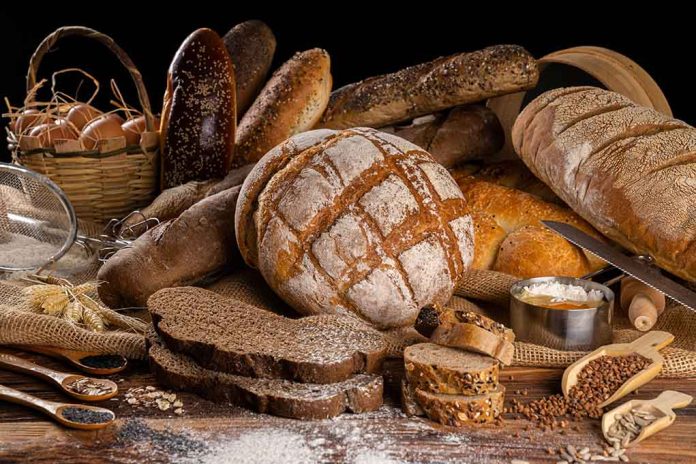
A US-based communist group sends 800 tons of flour to Cuba to combat severe food shortages.
At a Glance
- US activists led by The People’s Forum organized a campaign to send 800 tons of flour to Cuba.
- The initiative aims to mitigate the effects of US sanctions and the blockade against Cuba.
- Campaign faced logistical challenges, including sourcing flour from Turkey.
- The Biden administration has the power to alleviate the crisis by removing Cuba from the “State Sponsors of Terrorism” list.
Humanitarian Campaign: Flour for Cuba
In an unprecedented move, The People’s Forum, a US-based activist organization, has sent 800 tons of flour to Cuba. This is part of the “Let Cuba Live: Bread for Our Neighbors” campaign. The donation is meant to counteract the severe food shortages amplified by US economic sanctions. Over 1,300 individuals contributed hundreds of thousands of dollars to make this effort possible.
The campaign faced significant logistical challenges. Due to US sanctions, the flour had to be sourced from Turkey instead of domestic grain producers. Executive Director Manolo De Los Santos stressed the importance of this effort, emphasizing that the US blockade has made it almost impossible for Cuba to trade freely. “The concept of the campaign is simple: Cuba is our neighbor, and we can’t let our neighbors go hungry,” he said. “This hunger is imposed directly by the White House, and Biden could end it right away by allowing Cuba to trade freely.”
❗️800 tons of wheat flour
❗️Millions of rolls of bread
❗️Thousands of people in the U.S. defying the blockade on Cuba🇨🇺 This week a historic act of solidarity came to fruition between the people of the U.S. with our neighbors in Cuba.
🌾 During a dangerous food shortage in… pic.twitter.com/lemIzwJVbg
— The People's Forum (@PeoplesForumNYC) September 2, 2024
Sanctions and Blockade Impact
The US State Department asserts that its blockade exempts food and humanitarian goods. However, practical trade barriers still exist. US Secretary of Agriculture Tom Vilsack acknowledged that legislation requiring advance cash payments in US dollars hinders agricultural trade with Cuba. “There’s a significant impediment to trade in Cuba because of [US] legislation that requires payment in advance in cash in US dollars which makes it very, very difficult for a lot of [agricultural] trade to take place.”
Delays in the flour delivery were also attributed to US government policies that complicate Cuba’s foreign trade. This situation exacerbates the food crisis on the island. The donation aims to provide bread for millions in provinces like Pinar del Rio, Artemisa, Mayabeque, Matanzas, and Havana. Despite these efforts, the economic blockade has resulted in significant hardship for Cubans, estimated to have caused economic losses of $1.391 trillion since its inception.
US-based activists delivered 800 tons of flour to Cuba via the “Let Cuba Live: Bread for our Neighbors” campaign.
📲 Read the full article on our website.https://t.co/wkyP32oHgM
— Peoples Dispatch (@peoplesdispatch) August 31, 2024
Calls for Policy Change
The campaign also serves as a political statement against the continued US sanctions. Activists argue that by maintaining Cuba on the “State Sponsors of Terrorism” list, the Biden administration perpetuates the suffering of the Cuban people. The call for global support continues, with donations being accepted to help offset the delivery costs. “Fearful of being accused of abetting terror and the mammoth fines that an infraction entails, most banks refuse to process Cuban payments and have frozen funds for permitted religious and humanitarian activities, requiring additional licensing,” said the Washington Office for Latin America.
Cuban officials have requested help from international bodies like the UN’s World Food Program to counteract the crisis further. Ironically, the US media often portrays Cuba as a failed state without mentioning the 62-year US blockade contributing to these challenges. This portrayal complicates public perception, adding another layer of difficulty for those advocating policy changes.










